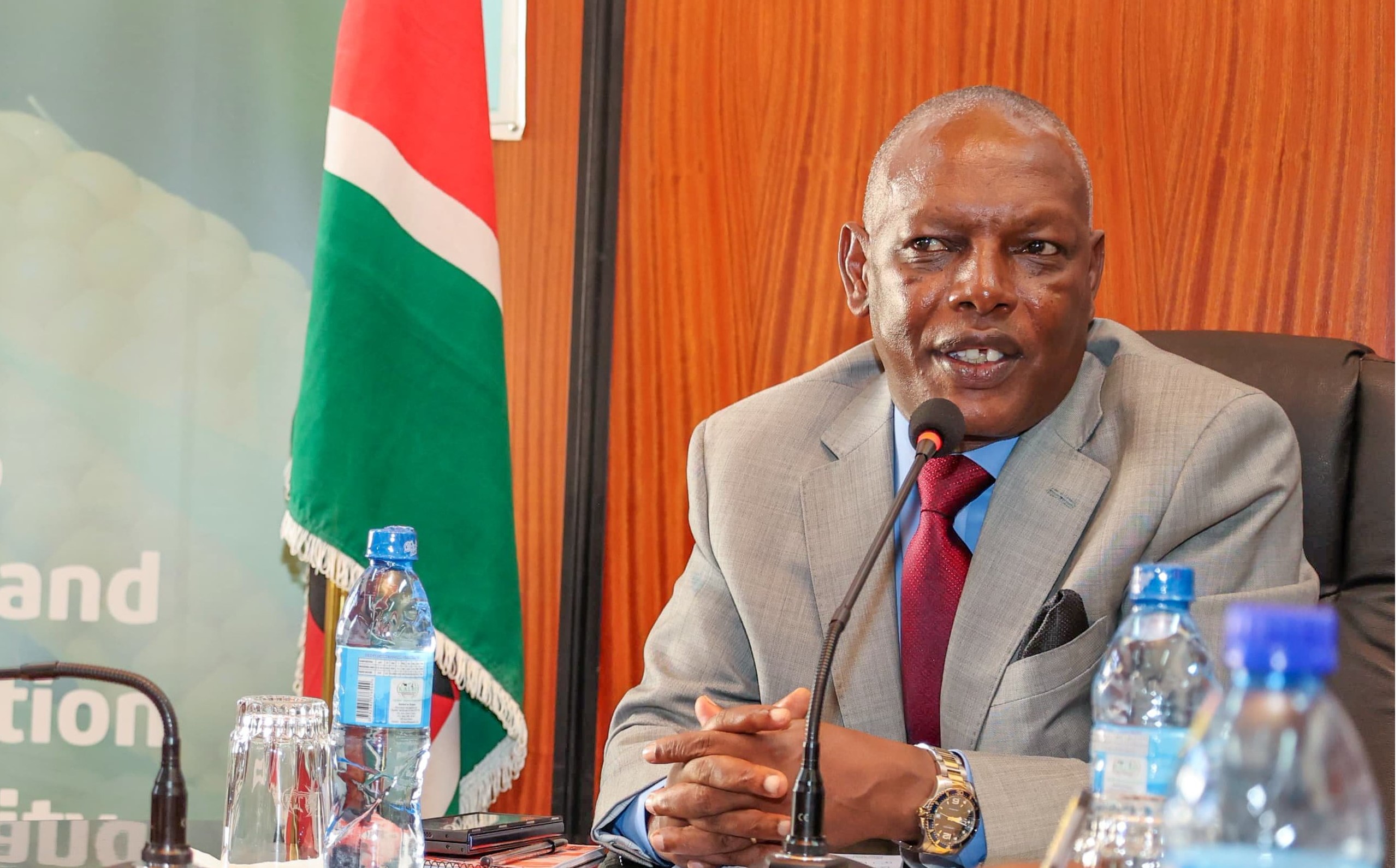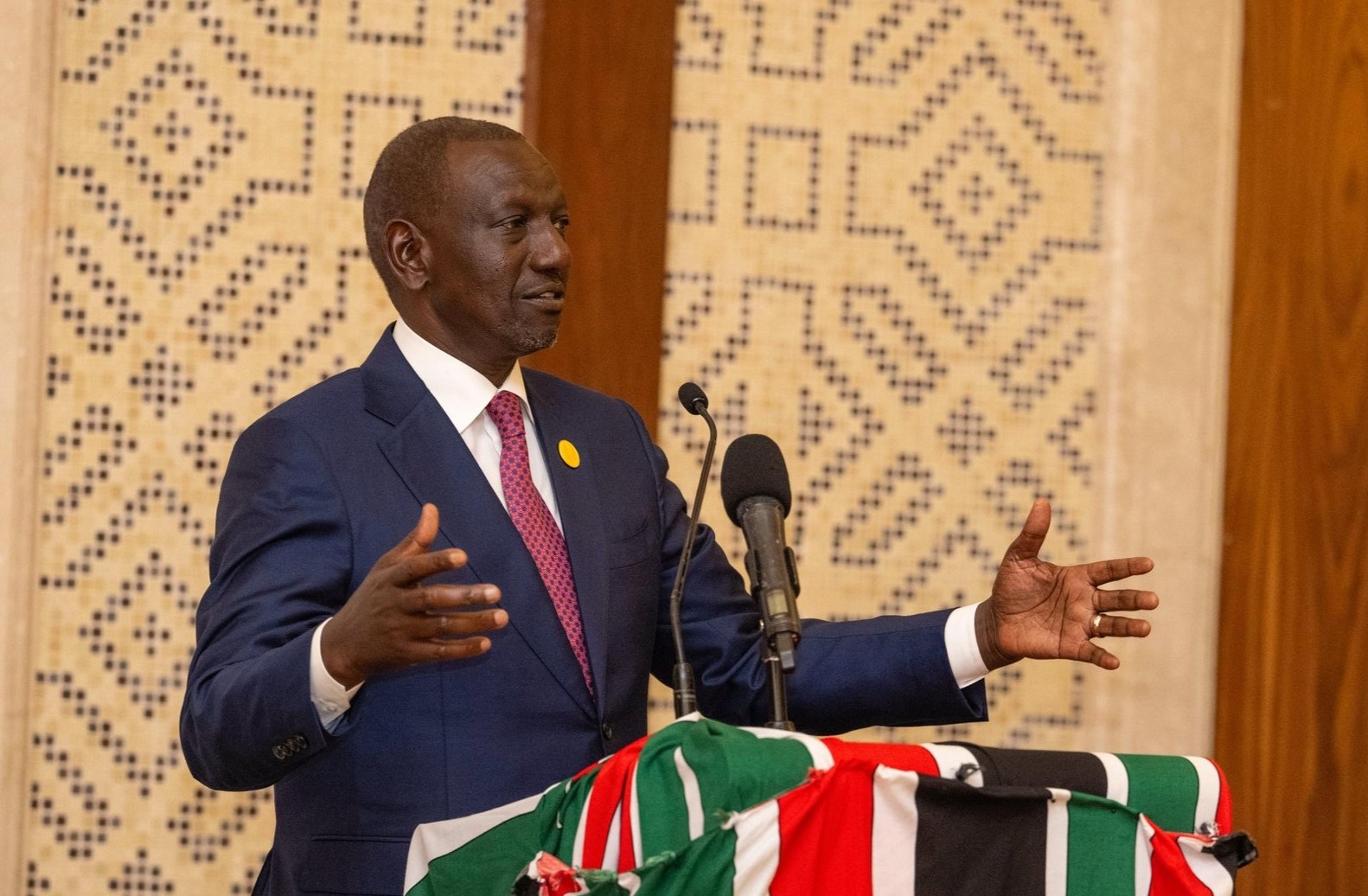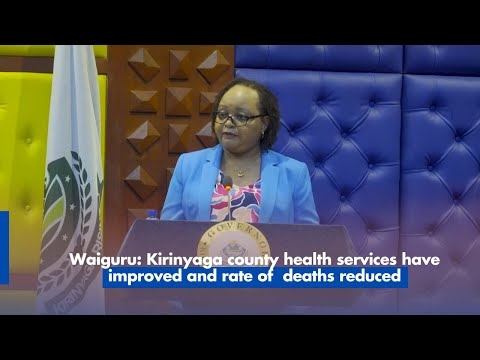

Cabinet Secretary for Agriculture and Livestock Development Andrew
Karanja has stated that the planned mass vaccination campaign is crucial in the
production of quality food products.
Speaking at the Kenya Agricultural and Livestock Research
Organization (KALRO) Headquarters on Friday 13, Karanja emphasized that the campaign
will help combat diseases whilst also maintaining compliance with global food
safety standards.
“We are fortifying meat export markets by combating
livestock diseases. We are addressing threats such as Foot and Mouth Disease
(FMD) and Peste des Petits Ruminants (PPR) through a planned mass vaccination
campaign.”
"This ensures safe meat, milk, and other products while
adhering to global food safety standards,” Karanja said.
The CS also lauded significant strides in Kenya's
agriculture sector.
Karanja credited the sector's achievements to favorable
policies and ongoing interventions aligned with the Bottom-Up Economic
Transformation Agenda (BETA).
He emphasized that agriculture remains a cornerstone of
Kenya's economy contributing 21.8 percent to the GDP and providing employment
to 40 percent of the population.
"With favorable rainfall and the distribution of
subsidized fertilizer, crop and livestock productivity has significantly
increased. This has not only reduced import bills but also boosted farmers'
incomes," the CS noted.
Karanja highlighted the Ministry’s Edible Oils Promotion
Project, under which 556 metric tons of sunflower seeds have been distributed
to mitigate the high cost of edible oil imports.
“Additional crops such as canola, coconut, sesame, and oil
palm are being promoted to achieve self-sufficiency in edible oil production,”
Karanja said.
The CS also revealed that the Ministry is addressing key
challenges to improve productivity.
Stating that measures in place include the expansion of
forage and feed production, enhanced breeding programs, and livestock insurance
coverage.
Efforts to strengthen meat export markets are also underway,
with the Ministry prioritizing the eradication of livestock diseases like Foot
and Mouth Disease (FMD) and Peste des Petits Ruminants (PPR).

















